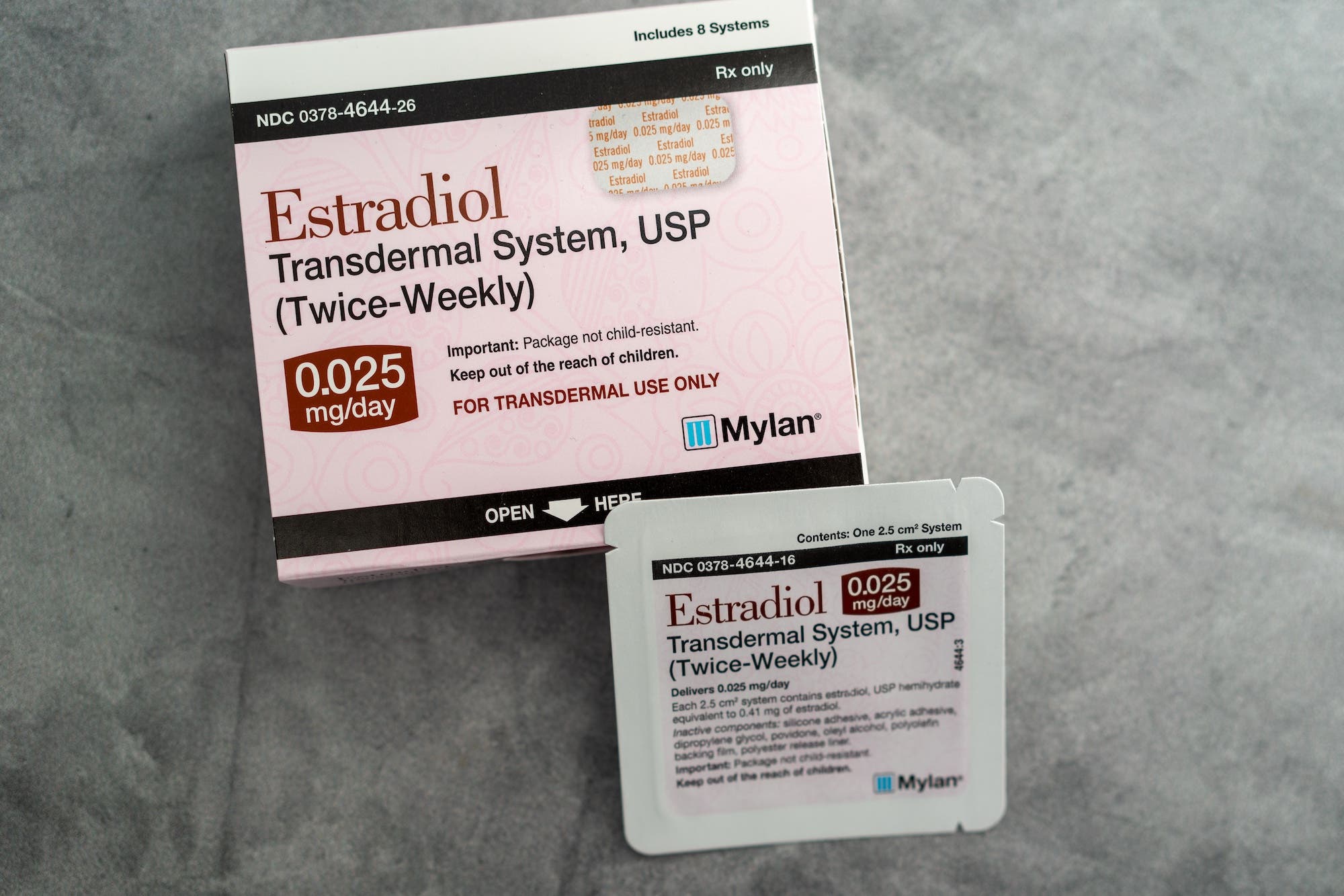When you begin to face challenges on your journey to becoming a parent, one route that may hold the key to success is in vitro fertilization (IVF). During this process, there is a window of time where you can have the embryos tested for any genetic anomalies. This is called preimplantation genetic testing (PGT). But under what circumstances might this be suitable for you? And how is it carried out? Read on to learn more about the different types of genetic testing available and discover whether these might be relevant to you on your journey toward parenthood.
Key takeaways
- PGT can help people avoid passing on genetic disorders to their offspring when using IVF.
- You can test for abnormal chromosome numbers and specific genetic disorders.
- PGT is particularly useful for older couples or those with a history of chromosomal abnormalities in their families.
- The procedure carries some risk to the developing embryo.
- Many factors can influence the efficacy of IVF, and lifestyle changes can impact success rates.
What is preimplantation genetic testing?
Couples usually use IVF because they have had trouble conceiving, and other approaches, such as improving lifestyle factors or supplementation, have not helped. When couples decide IVF is the next step on their fertility journey, the eggs and sperm are collected and joined outside the body. After allowing time for growth to occur, a fertilized embryo is placed into the mother’s uterus for implantation, where it can develop into a baby. IVF allows the possibility for embryos to be tested for any potential genetic issues early on through PGT. This procedure was first carried out in 1990. The technology has been continually refined and improved since then and can now be utilized to detect a wide range of genetic conditions.
PGT-A (previously known as PGS)
Preimplantation genetic testing for aneuploidy, or chromosomal abnormalities, (PGT-A) was previously referred to as preimplantation genetic screening (PGS). This process involves checking embryos for abnormalities in the number of chromosomes. Embryos showing an abnormal number of chromosomes are known as aneuploid embryos. These have a reduced chance of developing into a healthy baby and sometimes indicate an increased risk of the baby being born with a genetic condition. To summarize, PGT-A testing helps to identify which embryos are unsuitable for reimplantation.
PGT-M (previously known as PGD)
Preimplantation genetic diagnosis (PGD) is now referred to as PGT-M, which is preimplantation genetic testing for monogenic disorders. This is carried out to prevent the transmission of single-gene disorders to offspring and increase the likelihood of a healthy pregnancy. Around 600 genetic conditions are currently approved for PGT-M testing, but the diseases most commonly diagnosed through PGT include:
- cystic fibrosis (CF)
- Duchenne muscular dystrophy
- fragile X syndrome
- hemophilia A
- sickle cell anemia
- spinal muscular atrophy
- Huntington’s disease
- human immunodeficiency virus (HIV)
Considered a very safe procedure, there is no evidence that babies born following PGT-M have an increased risk of suffering from developmental problems or health issues compared to those using IVF alone. There is a small chance of false positives, which needs to be considered before testing begins.
What’s the process of preimplantation genetic testing during IVF?
A PGT-A is carried out by an embryologist who will carefully remove a cell or several cells from the developing embryo in a lab. They will then test this for any chromosomal abnormalities. This meticulous process ensures that removing cells does not disrupt the ongoing development of the embryo if it turns out to be healthy and viable. This procedure is usually carried out at the blastocyst stage — around day five or six. A small sample is taken from each embryo and shipped to a genetic reference lab, where it is tested. The lab produces a genetic report indicating the embryo’s viability for implantation into the uterus.
There are two main techniques used for genetic assessment. These are:
1. Polymerase chain reaction (PCR). In this test, multiple copies of the specific gene are made by process of amplification, which allows for the identification of tiny amounts of DNA, enabling a diagnosis.
2. Fluorescent in situ hybridization (FISH). This allows the exact number of chromosomes in an isolated cell to be counted. Scientists can then use this to detect abnormalities in chromosome number, such as with Down syndrome, as well as translocations, which are defects in the chromosomal structure.
PGT-A poses no risk to the couple but there are some increased risks to the developing embryo due to the process of removing cells for testing.
Why would a patient choose preimplantation genetic testing?
Healthcare providers might offer PGT to older people who are trying to conceive, especially those who have undergone failed IVF cycles or had several miscarriages in the past. It is particularly beneficial for patients over 37 as the aneuploidy rate increases with maternal age.
PGT might also be suitable if:
- there is a family history of chromosomal abnormalities,
- the sperm has been analyzed and shown to carry abnormal chromosomes,
- you have previously ended pregnancies because of a serious genetic condition,
- you already have a child with a severe genetic condition, or
- you have a history of recurrent miscarriage due to chromosomal abnormalities.
Studies show PGT-A can:
- decrease miscarriage rates
- shorten the time to pregnancy
- increase pregnancy rates per transfer
- reduce the risk of a multiple pregnancy
Preimplantation genetic testing cost
The price of the whole process varies depending on the costs associated with the IVF procedure at your chosen clinic. But IVF with PGT and the subsequent frozen embryo transfer usually costs between $17,000 and $25,000 in the U.S. Without the inclusion of the IVF payments, PGT testing costs around $6,000 for up to eight embryos depending on the clinic’s individual charges.
Success rates of IVF with genetic testing
A recent review of PGT-A testing has cast doubt on claims it is an effective addition to IVF without any detrimental effects on pregnancy rates. There is some contention in this arena. Around 100 retrospective single-center studies and two meta-analyses found PGT-A improved live-birth rates, although several randomized controlled trials (RCTs) contradicted these findings.
The invasiveness and costs of PGT-A as an add-on to IVF may be unnecessary, especially in patients where there are no known factors indicating an increased risk of chromosomal abnormality. Another study found it was only beneficial in improving live-birth rates for women over the age of 35. Therefore, more trials and research are called for, and the decision to undertake this testing should be carefully considered and not form part of routine practice for IVF clinics.
Other factors influencing IVF success
As well as the genetic makeup of the embryos, many other factors heavily influence the success rate of IVF live-birth outcomes. According to a recent review in 2021, a successful delivery following IVF treatment in individuals with infertility is affected by the number of viable embryos, cause of infertility, number of injected oocytes, the presence of polycystic ovary syndrome (PCOS), and age of the patient.
Age of both biological parents
Until recently, it was only maternal age that was considered a factor affecting IVF success, but now there is an understanding that paternal age may also influence IVF outcomes. Age impacts IVF in a number of ways. The count and quality of eggs decline as a person ages. Aging individuals also have an increased risk of developing health conditions such as uterine fibroids, tubal disease (affecting the fallopian tubes), and endometriosis, which can impact fertility. In addition, lifestyle and environmental factors can contribute to low IVF success when combined with age-related factors, decreasing fertility. Studies have shown that IVF success can decrease once a man passes the age of 51, although the link is shown to be more evident between paternal age and the baby’s health once born rather than IVF success.
Sperm quality
Alongside advances in paternal age, poor lifestyle choices can negatively impact sperm health, resulting in fewer viable embryos for reimplantation with IVF. Abnormal sperm morphology can reduce IVF success as morphological abnormalities decrease a sperm’s ability to break through the egg’s outer layers to complete fertilization. Sperm morphology refers to the size, shape, and structure of the sperm. Semen analysis before IVF can highlight issues with sperm morphology and allow time for lifestyle changes to be enacted to help promote healthy sperm for use in IVF to maximize chances of successful fertilization.
These lifestyle changes include:
- eating a nutrient-rich diet
- regular exercise
- reduced alcohol consumption
- quitting smoking
For more information on how you can analyze your sperm health prior to IVF, click here. Or if you’d like to dive deep into how to improve your sperm, see this page on lifestyle changes you can make to improve your sperm health.



